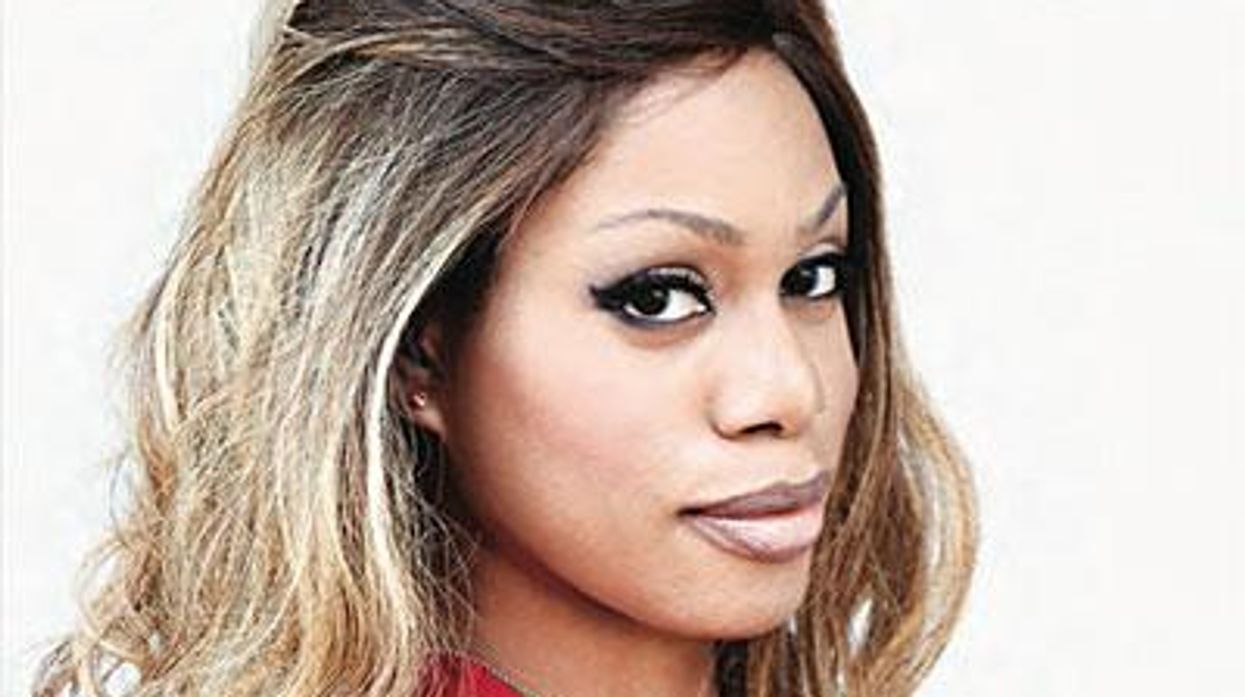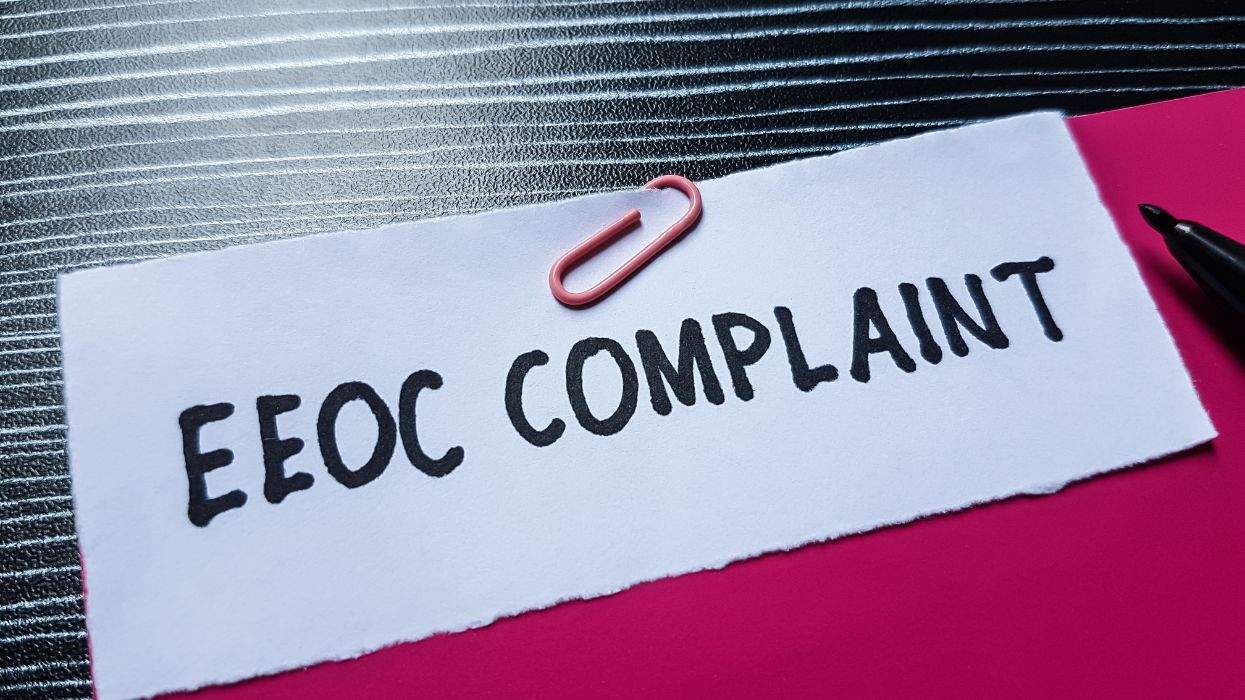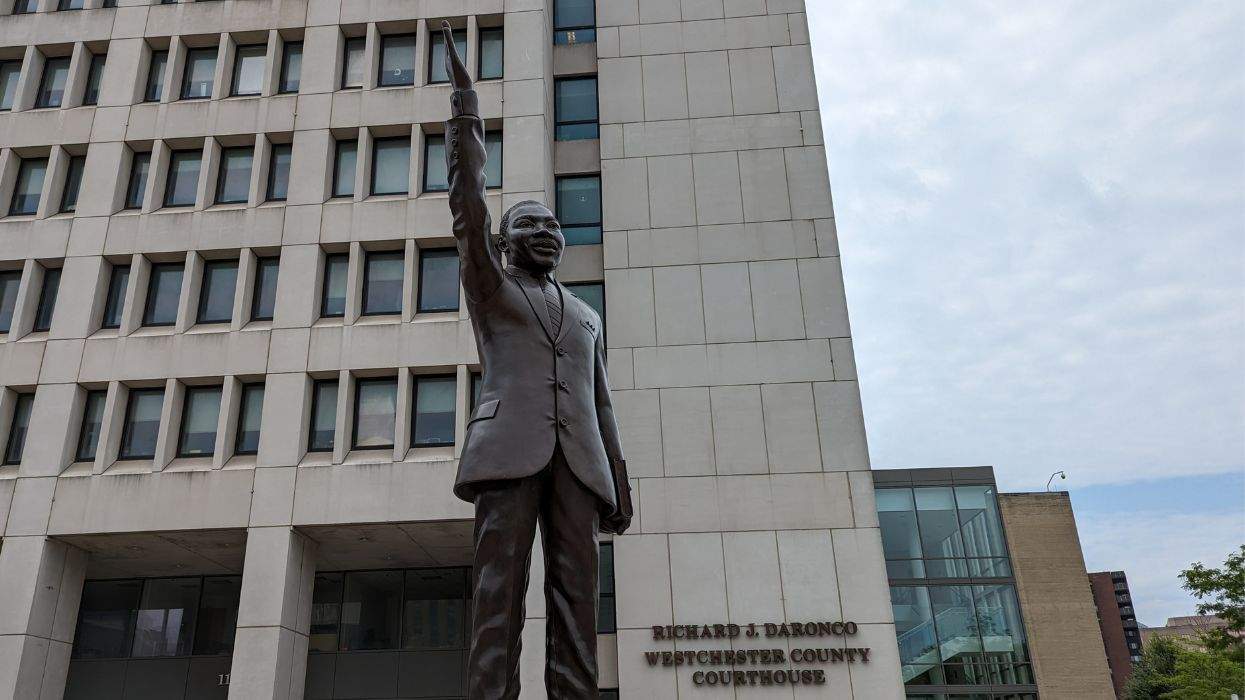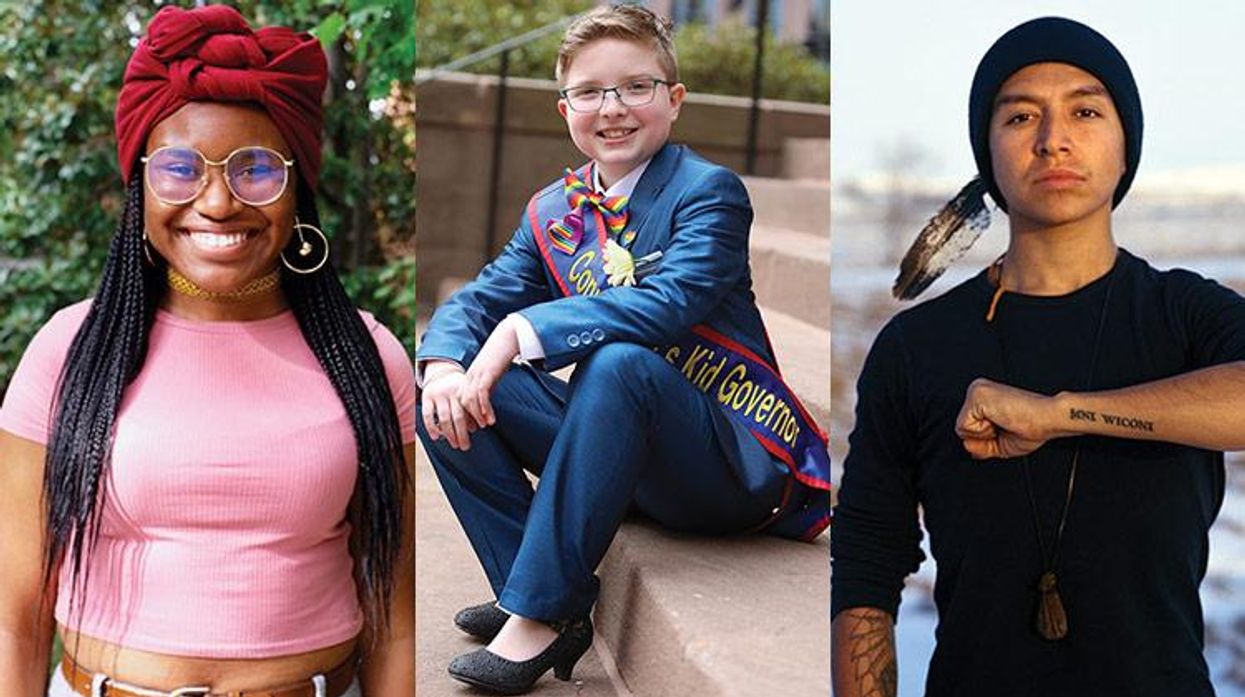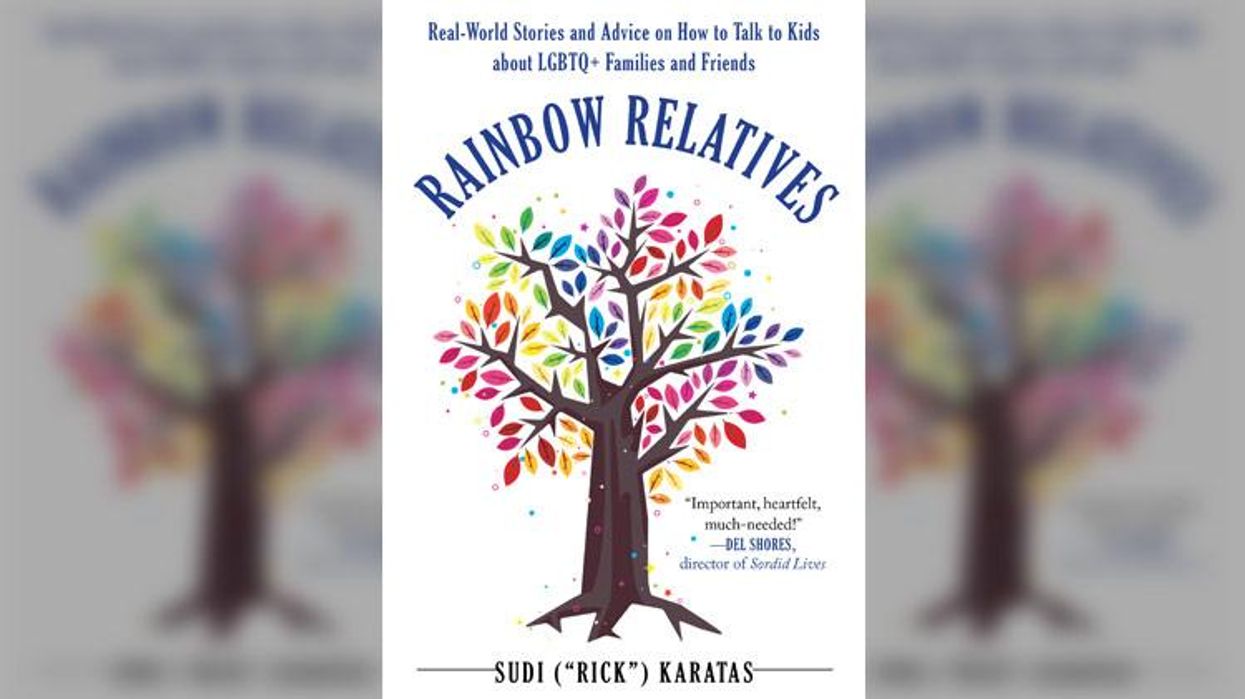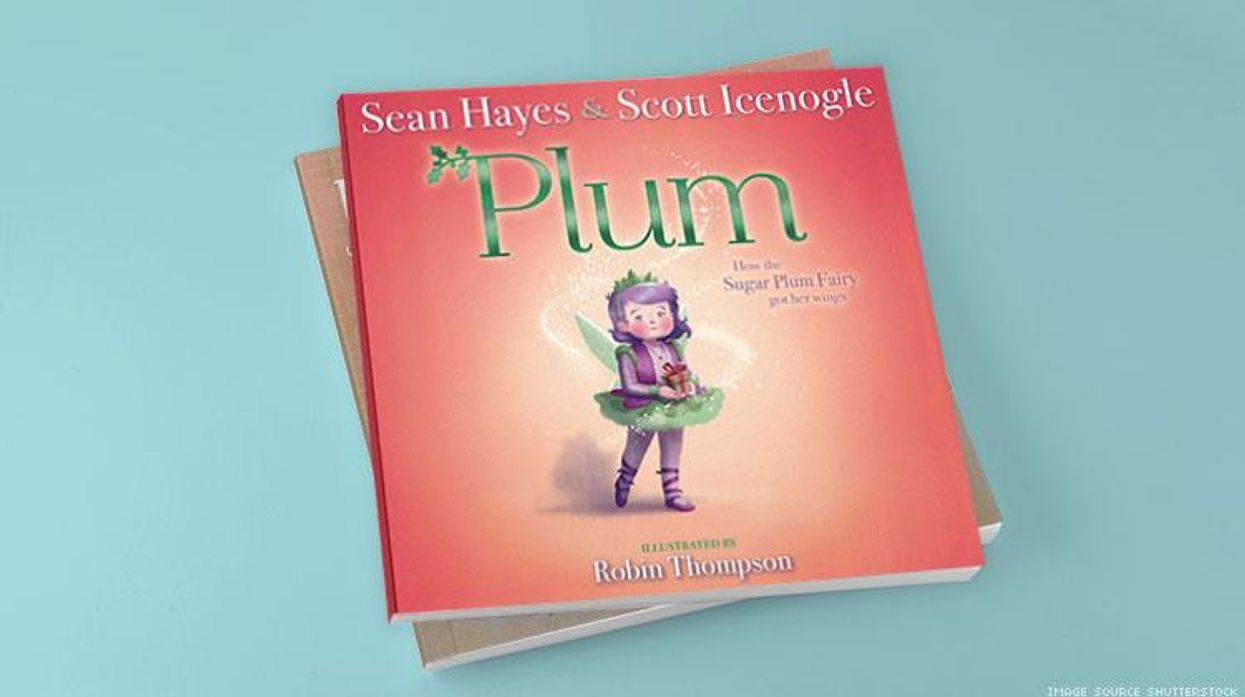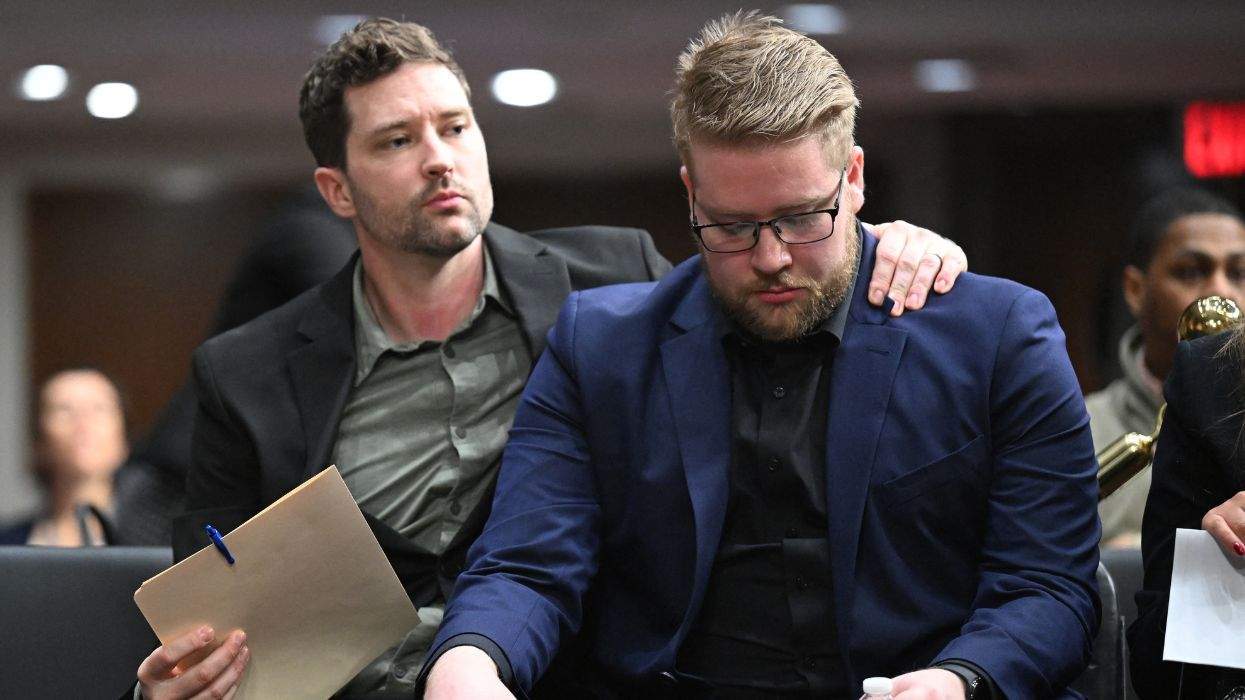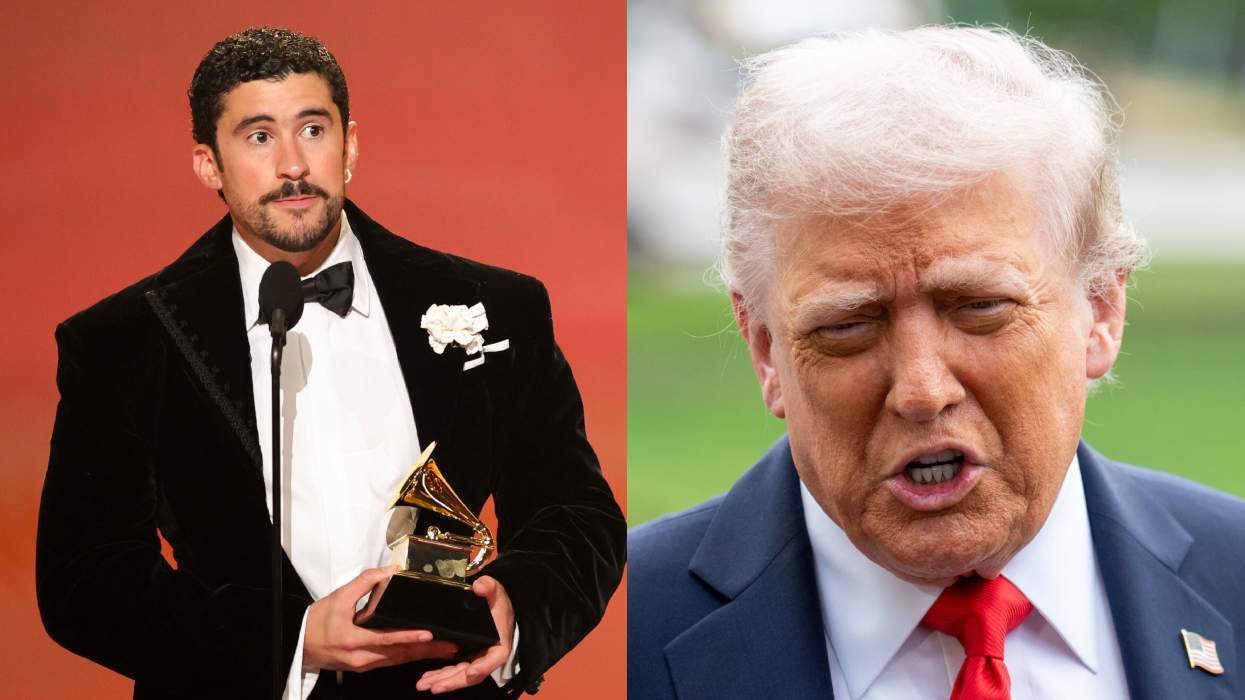I won't lie. Putting together an issue with a special focus on the transgender experience kept me up nights and gave me an eye twitch. Language and the treatment of transgender people hung like a toxic pall in the media air as we developed this issue. (Ultimately this issue is not about that. Rather, we've offered up essays by transgender writers and academics about their varied experience, profiled a remarkable woman who has seized the country's attention, and included a striking photo portfolio focusing on a transgender mystic in India; it's a variety, to be sure, but I acknowledge that no collection even a hundred times this size could adequately encompass all the dimensions of transgender rights, culture, and status inside and outside the LGBT rights movement.)
Nevertheless, two words have been conflated with trans identities, and those words have hijacked much of the discourse. The vitriolic conversations over the use of the words tranny and she-male--who can claim ownership over them and who should heed their power to injure as slurs, who is in-group and who is an outsider--have been caustic and divisive.
Maybe that tension is just how it's supposed to be. There are always casualties in the struggle to educate the mainstream--and ourselves--about behaviors that damage. How many people were chastised about f****t (and continue to be, in the case of Jonah Hill the week I write this) before it was collectively decided that the word is off-limits in public discourse (and in encounters with paparazzi)? How many demonstrably pro-equality celebrities like Lance Bass and Gabourey Sidibe said the t word before getting the memo that they'd be chastised publicly for doing so, no opportunity for strike two? Hill, Bass, and Sidibe were called out for it and we all had the opportunity to learn from their errors. We're not yet where we need to be on the t word, but we will be soon.
The notion I outright reject is the one that says I'm not allowed to have an opinion here, or that neither is anyone from the L or B parts of our acronym. That perspective, which has been iterated repeatedly of late, seems to be aimed at shutting down dialogue, at ending the debate. But whatever the purpose, the effect is to alienate the people who could be transgender advocates' closest allies. Within the LGBT community there's much that needs doing on both sides of the gender identity divide. Non-transgender people have to admit we have lots of work to do, and transgender people have to be willing to help their allies along.
The people who claim the t word as part of their identity will continue to use the word in private or in art, and some of them will still feel the heat for doing so.
But for the rest of us, I suggest that our language is so rich that any of us can excise that one word from our vocabularies without crippling our ability to get a message across.
For those LGB people who claim they just don't get it, who just don't understand transgender identity, who just don't see why this is a topic to get all fussed about, or who don't get how transgender peoples' bodies work, I suggest to you that you're operating at the height of hypocrisy. Did your parents, schoolmates, colleagues, and friends all immediately get it when you came out to them? If you ever, even for a moment, allowed for someone else not to get it, and instead helped them do the work to educate themselves, to get it, then remember that process, and do the work you helped others to do.
We all have the power to educate ourselves now.
